these rad hair salons are creating a place for neurodivergent folk
Cut the small talk.
Five years ago, Tom Zappala learnt he was neurodivergent. It all started to make sense. Sudden loud or repetitive noises and bright lights overwhelmed him, he felt drained by constant chatter, the smell of chemicals gave him headaches, and persistent stray hairs on his clothes and skin irritated him.
As he’s a haircutter (the term he prefers over hairdresser), this made working at a salon pretty taxing. In 2008, he set up his own studio in Collingwood, Melbourne, creating a sensory-friendly space to hold one-on-one appointments. “What initially started as a supportive space for my personal and professional needs has evolved into something that supports a community of individuals who I had no idea also struggled with the same things I did,” Tom says.
Only those who seek his services know where to find him. Entry is through a Japanese diner, past the busy kitchen, up a winding staircase, away from the hustle and bustle of the restaurant and street below. A phone-free, perfume-free, dye-free zone, Tom’s salon is naturally lit, with music that’s “highly considered, energetically mindful and played at a lower and steady volume,” he explains.
Studio Misfits in Perth was also consciously designed to be a low-stimuli environment. “We had a clinical psychologist who specialises in neurodiverse clients – and who is also neurodiverse themselves – assist us in making the space feel less stimulating but not clinical,” says salon manager Rach Law. “We were built in the peak of COVID-19, so all stations are spaced. This also helps to feel like you can take up space and relax when you’re not rubbing shoulders with the clients next to you.”
The salon offers no-chat, low-heat and low-touch services, making the experience more accessible to all ranges of needs and requirements. “Having staff on hand that also have lived experience and can come from a place of understanding is a big part of how we function,” Rach says.
Home-based hairdresser Hannah Warnock, who previously ran Brush & Blade salon in Melbourne, doesn’t identify as neurodiverse, but her introversion was a key factor in creating an alternative to the hectic salon environment.
She is mindful of clients’ desire for quiet time during appointments, something that suits her just fine. “If someone comes in and is quite frazzled, I tend to leave them with their own space – after, say, I apply their hair colour – so they can wind down,” Hannah says. “They can have that calming space to step away from their busy lives and enjoy their own time.” Hannah, who is a mother to a toddler, also made her salon child-free, “because nothing says ‘relaxing’ less than having someone else’s screaming child at your appointment!”
Relaxing can also be far from clients’ minds if they suspect a bollocking is coming their way due to the state of their hair. Masochists aside, no one likes paying to be insulted. Whether it’s dismay at your roots, disapproval of your decision to embrace your greys or despair at your split ends, a judgy, pushy hairdresser can be hard to face.
“Those with neurodiversity challenges will put off going to the salon as long as possible,” Tom says. “They cut their hair themselves or have a family member or partner do it. What often exacerbates the inevitable salon visits is that the attending hairdresser treats them and their irregularly maintained hair as unwelcome or difficult, leading to unsatisfactory results. That can easily create multiple layers of emotional difficulty for a neurodiverse client.”
Awareness around neurodiversity is growing, with alternatives to what was long considered the norm in the beauty industry emerging as a result. Yet some things remain the same. “Any traditional salon with many chairs, staff and services will never fully support neurodiversity,” Tom says. “Doing so would likely undermine the tactics used to increase profits for the owner and their staff, while also being less ‘fun’ for most neurotypical clients.”
Finding a hairdresser who not only gets your hair, but also your needs for the experience itself, can be tricky. So where do you even begin? You can search for salons like Tom Zappala’s and Studio Misfits, which promote their neurodiverse-friendly services on their websites. Thinking outside the square can also help you find a low-sensory option – mobile hairdressers aren’t just for nanna’s blue rinses. By having a hairdresser come to your home, you can control the environment and avoid the peeping eyes of passersby on the high street.
It’s also OK to communicate your needs when booking in with a hairdresser. They might not be able to drastically change the environment, but they can be made aware that you’re not into small talk, or that you’d like to skip the head massage. It can feel daunting to ask in person, so you can put the feelers out by contacting them before the session.
Salon alternatives are often led by people with lived experience of neurodiversity, who feel moved to create a comfortable work environment. As these spots continue to pop up, they may also inspire a small shift in what has long been seen as the ‘norm’. As Hannah puts it: “Hair salons have been operating in a certain way for so long and it’s time the industry gets shaken up a little bit.”
This story comes straight from the pages of issue 113. To get your mitts on a copy, swing past the frankie shop, subscribe or visit one of our lovely stockists.

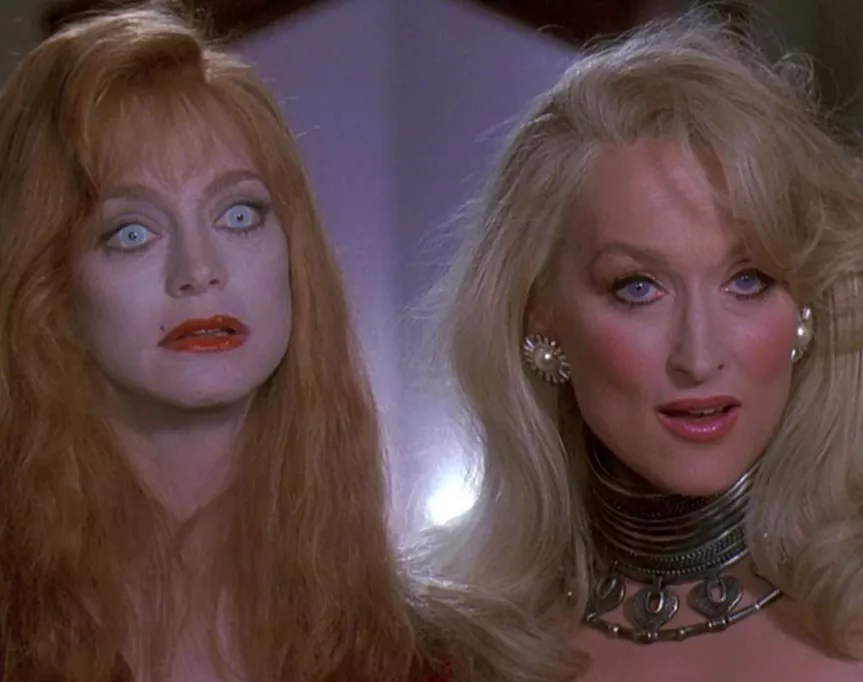

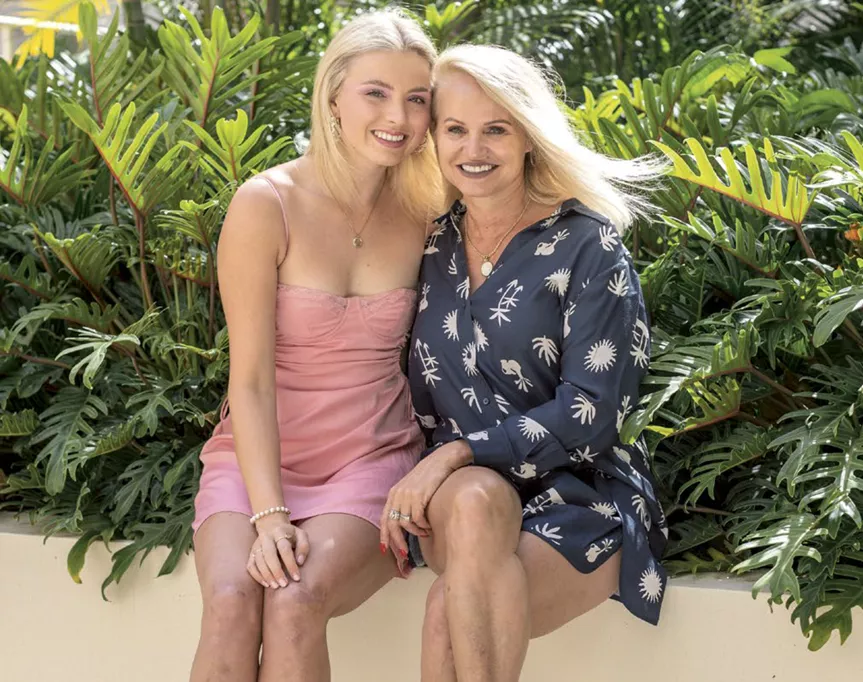
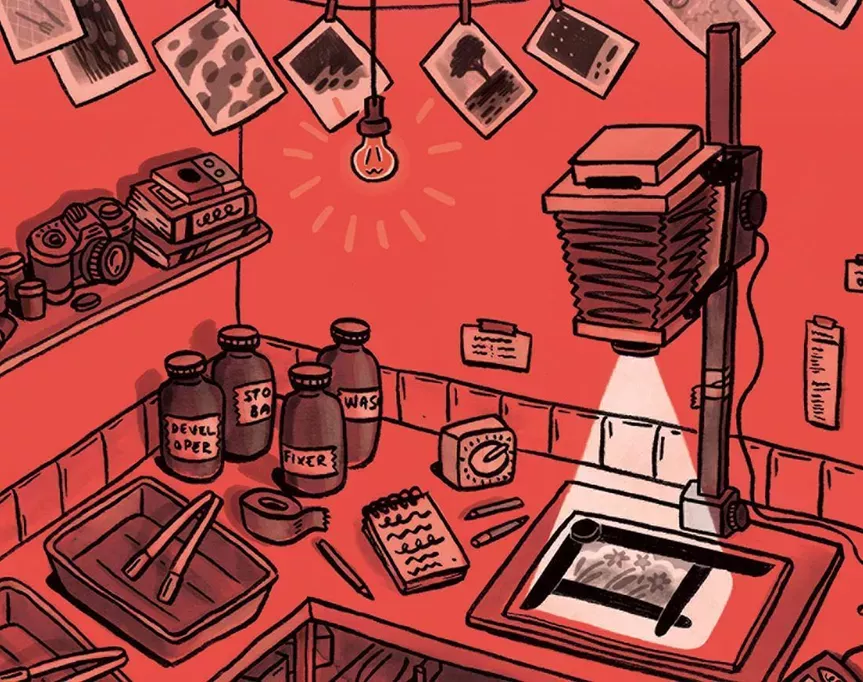



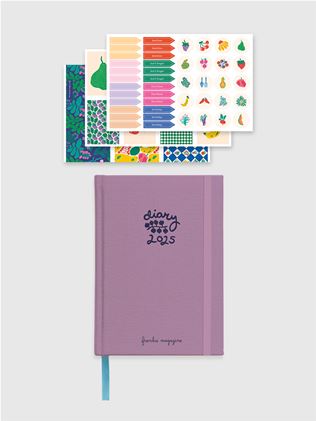

.jpg&q=80&w=316&c=1&s=1)


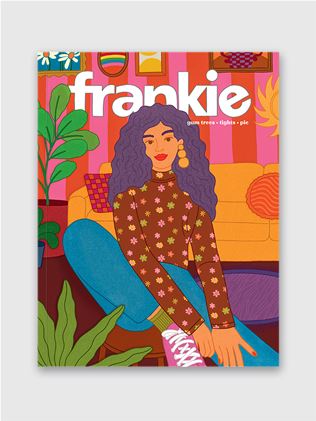
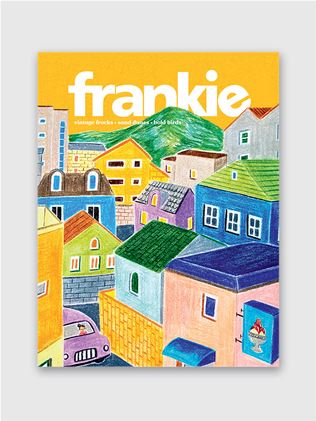













.jpg&q=80&w=316&c=1&s=1)










